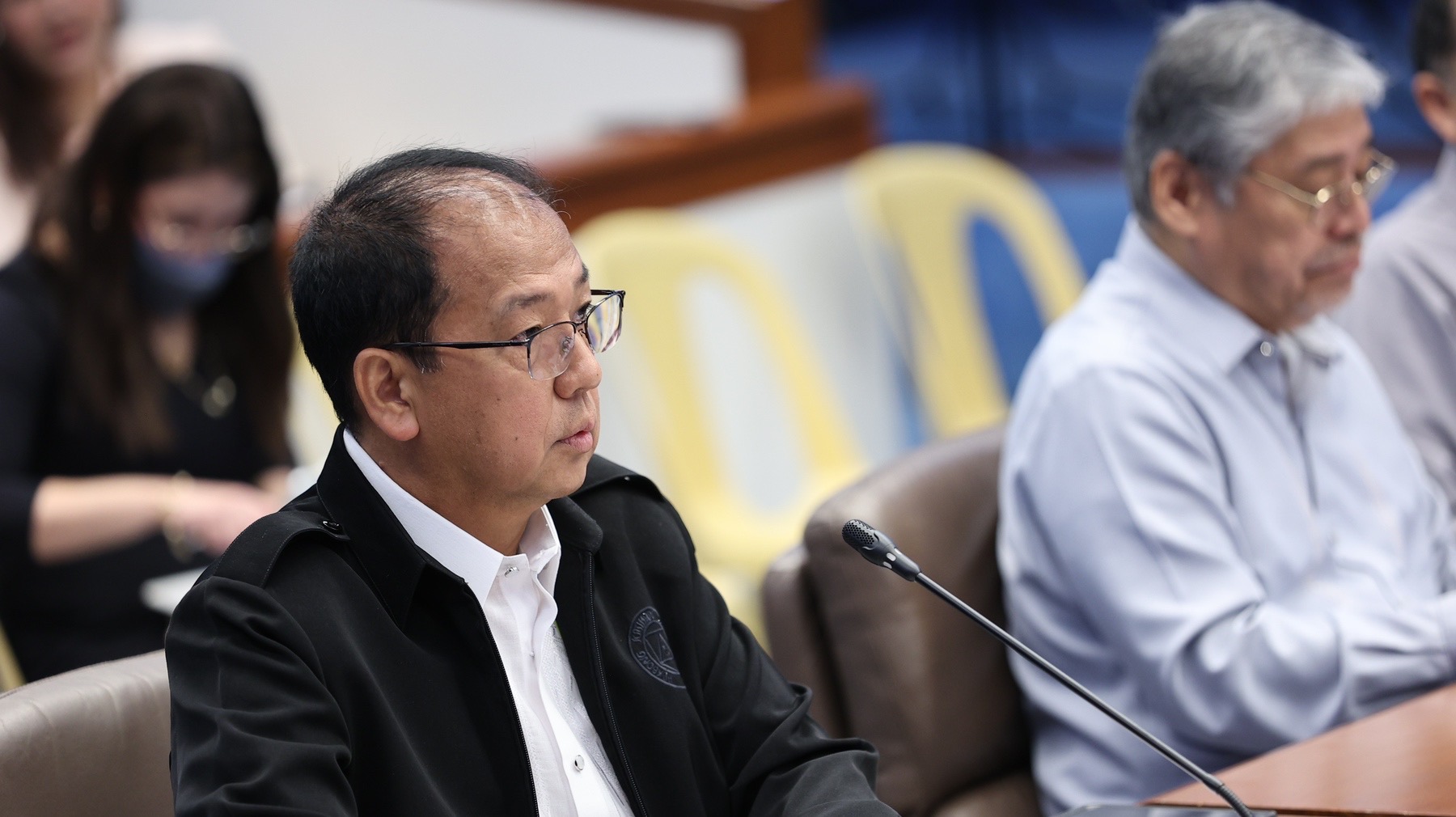
President Ferdinand Marcos Jr. will soon issue a proclamation granting amnesty to rebel fighters such as members of the Communist Party of the Philippines-New People’s Army (CPP-NPA), marking a significant step towards ending the country’s decades-long insurgency problem.
While Office of the Presidential Adviser on Peace, Reconciliation, and Unity (OPAPRU) Secretary Carlito Galvez Jr. did not directly confirm if the proclamation will be issued this week as what the Manila Bulletin learned, he bared that his office already held a final meeting with the Office of the Executive Secretary (OES) last August 31 to iron out the details of the proclamation.
“The Proclamation for Amnesty is still with the OES Legal Office. We just [had] our final meeting last August 31,” Galvez told the Manila Bulletin on Sunday, Sept. 17.
Aside from the CPP-NPA, which has been waging an insurgency against the national government for more than 50 years already, Galvez also bared that the proclamation will also cover the Moro Islamic Liberation Front (MILF), Moro National Liberation Front (MNLF), and the Alex Boncayao Brigade (ABB) Kapatiran/CPLA (Cordillera People’s Liberation Army).
The peace adviser said he is hoping that there would be individual proclamations for each rebel group.
“We are expecting that the proclamation covering the MILF, MNLF, ABB Kapatiran/CPLA, and the CPP-NPA will have individual and independent proclamation similar with the previous administration’s strategy of having Amnesty Proclamation for each peace table and agreements,” Galvez said.
Notably, the Abu Sayyaf Group (ASG) was not included in the proposed proclamation. The OPAPRU has yet to explain the reason for such.
It was during the second State of the Nation Address (SONA) of Marcos in July when he promised to grant an amnesty to rebels who would surrender to the government so they could be fully reintegrated into mainstream society and rebuild their lives as productive citizens of the society.
Once the proclamation is out, it must be ratified by the Senate and House of Representatives so the amnesty program can finally be implemented.
The power of the President to grant an amnesty is enshrined under Section 19, Article VII of the Philippine Constitution which states that the President “shall also have the power to grant amnesty with the concurrence of a majority of all the Members of the Congress.”
The work on the Marcos administration’s amnesty program began last year, as OPAPRU and the National Amnesty Convention (NAC) convened in November 2022 to finalize its implementing rules and regulations (IRR).
The NAC is primarily tasked to receive and process applications for amnesty that were filed through the Local Amnesty Board (LAB).
The applications for amnesty cover Proclamation Numbers 1090, 1091, 1092 and 1093, series of 2021, which were issued by former President Rodrigo Duterte, and were concurred with by the Congress.
The said proclamations grant amnesty to members of MILF, MNLF, Rebolusyunaryong Partido ng Manggagawa ng Pilipinas / Revolutionary Proletarian Army / Alex Boncayao Brigade (RPMP-RPA-ABB), and the CPP-NPA who committed crimes “in furtherance of their political beliefs.”